Top 10 Health Benefits of DHA
DHA, or docosahexaenoic acid, is an omega-3 lipid. DHA, like the omega-3 lipid eicosapentaenoic acid (EPA), is abundant in oily fish like salmon and anchovies. ... read more...Because your body can only produce a minimal quantity of DHA from other fatty acids, you must get it from a diet or a supplement. DHA and EPA may work together to lower inflammation and your risk of chronic diseases like heart disease. DHA, on its own, promotes brain function and eye health. Here are the science-backed health benefits of DHA.
-
Omega-3 fatty acids are widely suggested for heart health. The majority of research compares DHA and EPA together rather than separately. The few trials that have tested DHA alone suggest that it may be more beneficial than EPA in improving various heart health parameters. In one trial, daily doses of 2,700 mg of DHA for 10 weeks boosted the omega-3 index — a blood marker of omega-3 levels linked to a lower risk of sudden heart death — by 5.6% in 154 obese people. The same daily dose of EPA increased participants' omega-3 index by only 3.3%.
DHA significantly reduced blood triglycerides more than EPA (13.3% vs. 11.9%) and boosted "good" HDL cholesterol by 7.6% vs. EPA's modest reduction. Notably, DHA raises "bad" LDL cholesterol levels, but primarily the amount of large, fluffy LDL particles, which, unlike small, compact LDL particles, aren't associated with an increased risk of heart disease.

Reduces Heart Disease Risk 
Reduces Heart Disease Risk -
Attention deficit hyperactivity disorder (ADHD), characterized by impulsive behaviors and problems concentrating, typically begins in childhood but frequently persists into adulthood. DHA, as the primary omega-3 fat in your brain, aids in increasing blood flow during mental work. According to research, children and adults with ADHD frequently have reduced DHA levels in their blood. According to a recent study, seven of nine studies that looked at the effects of DHA supplements on children with ADHD indicated some improvement, such as in terms of attention or conduct.
In a major 16-week trial of 362 youngsters, those taking 600 mg of DHA daily had an 8% decrease in impulsive behaviors as judged by their parents – twice the decline seen in the placebo group. Another 16-week trial in 40 boys with ADHD found that taking 650 mg of DHA and EPA daily in addition to their regular ADHD medication resulted in a 15% decrease in attention issues, compared to a 15% increase in the placebo group.

May Improve ADHD 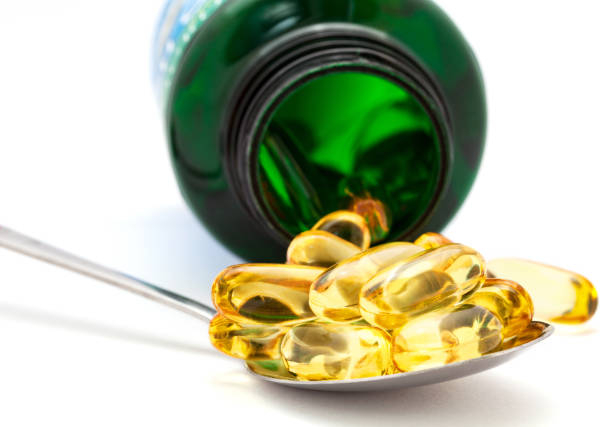
May Improve ADHD -
A baby born before 34 weeks of pregnancy is considered an early preterm birth, which raises the newborn's risk of health problems. An analysis of two large studies indicated that women who consumed 600-800 mg of DHA daily during pregnancy lowered their risk of premature delivery by more than 40% in the United States and 64% in Australia when compared to those who took a placebo. As a result, it's extremely crucial to ensure that you're getting enough DHA when pregnant, whether through diet, pills, or both.
To achieve these levels, pregnant women should consume 8 ounces (226 grams) of low-mercury, omega-3-rich fish once a week. While many women take prenatal vitamins, be in mind that certain formulations lack DHA, so carefully check the label.
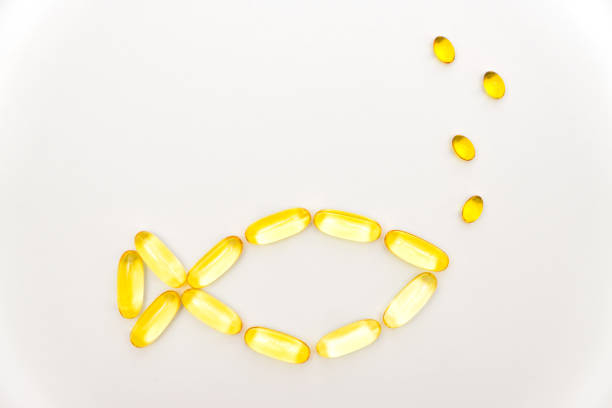
Reduces the Risk of Early Preterm Births 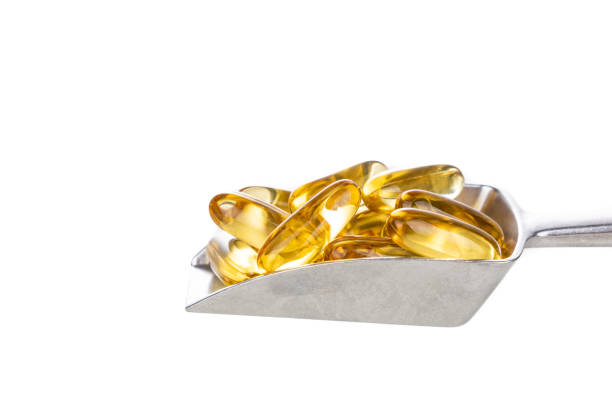
Reduces the Risk of Early Preterm Births -
DHA and other omega-3 fats have anti-inflammatory properties. Increased DHA consumption can help balance the overabundance of inflammatory omega-6 fats found in Western diets high in soybean and maize oil. DHA's anti-inflammatory characteristics may lower your risk of age-related chronic diseases like heart disease and gum disease, as well as improve autoimmune problems like rheumatoid arthritis, which causes joint discomfort.
In a 10-week study of 38 persons with rheumatoid arthritis, for example, 2,100 mg of DHA daily reduced the number of swollen joints by 28% when compared to a placebo. Though prior research had shown that mixing DHA and EPA supplements helped relieve rheumatoid arthritis symptoms, this study was the first to show that DHA alone might reduce inflammation and alleviate symptoms.
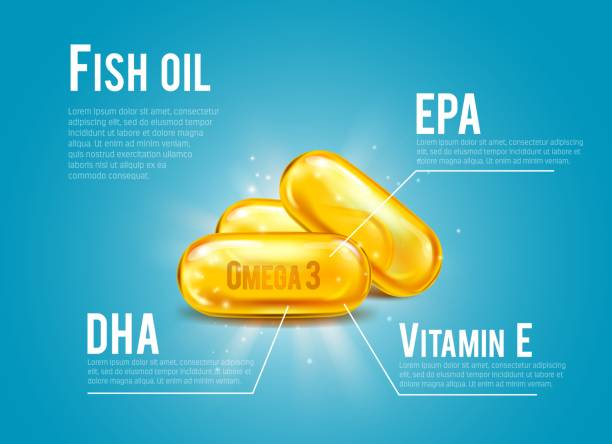
Fights Inflammation 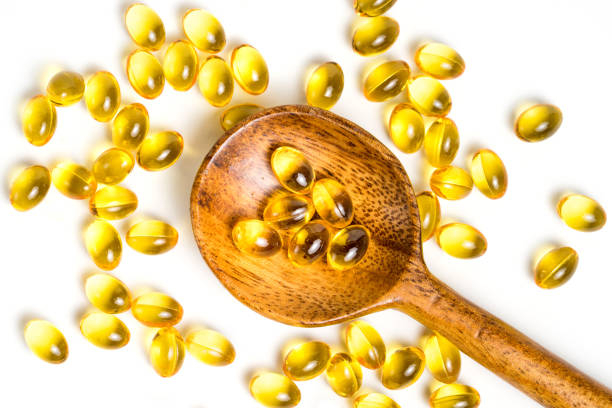
Fights Inflammation -
Exercising vigorously can cause muscle inflammation and discomfort. DHA, alone or in conjunction with EPA, may help minimize muscular soreness and range of motion limits after exercise, because of its anti-inflammatory properties.
In one study, 27 women who took 3,000 mg of DHA daily for a week experienced 23% less muscle soreness after performing bicep curls than the placebo group. Similarly, after an elbow-strengthening exercise, 24 men who took 260 mg of DHA and 600 mg of EPA daily for eight weeks had no decrease in range of motion, but men in the placebo group experienced an 18% decrease.
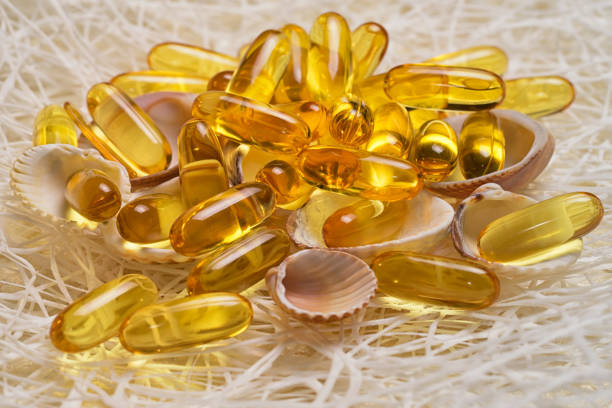
Supports Muscle Recovery After Exercise 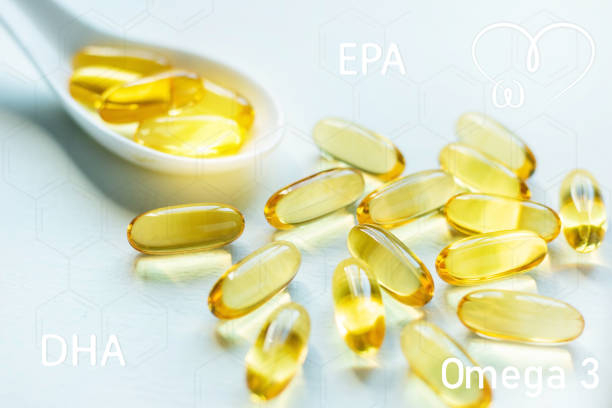
Supports Muscle Recovery After Exercise -
Although it is unknown if DHA and other omega-3 fatty acids aid age-related macular degeneration (AMD), they may alleviate dry eyes and diabetic eye disease (retinopathy). Furthermore, two recent studies suggest that DHA may reduce contact lens discomfort and the risk of glaucoma.
600 mg of DHA and 900 mg of EPA daily decreased eye discomfort by 42% in a 12-week study of contact lens wearers, which was comparable to benefits seen with corticosteroid eye drops. Furthermore, taking 500 mg of DHA and 1,000 mg of EPA daily for three months reduced ocular pressure by 8% in healthy persons. Glaucoma, a disorder that gradually erodes vision, is linked to high eye pressure.
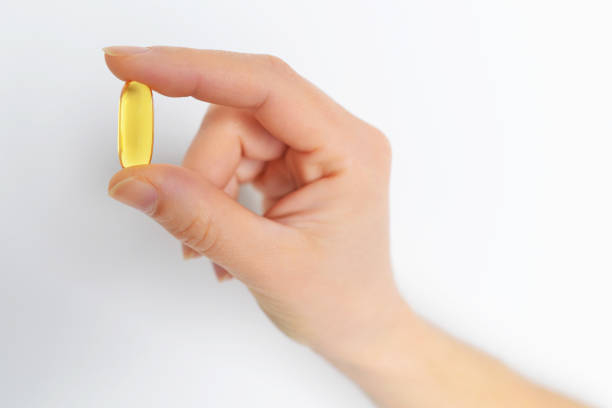
Helps Some Eye Conditions 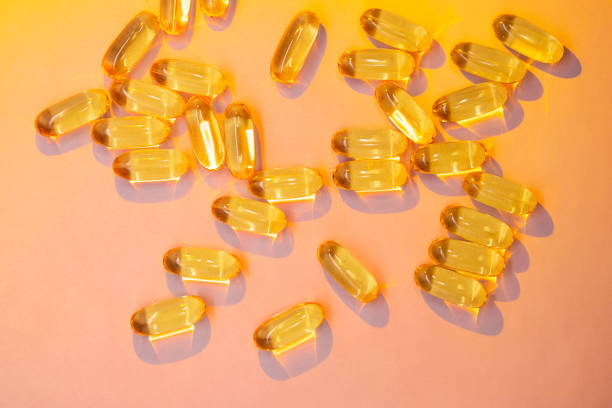
Helps Some Eye Conditions -
Chronic inflammation is linked to an increased risk of cancer. Increased consumption of omega-3 fats like DHA has been related to a lower risk of numerous malignancies, including colorectal, pancreatic, breast, and prostate cancer. DHA's anti-inflammatory properties may help lower cancer risk. Cell studies indicate that it may also impede cancer cell proliferation.
A number of research also suggest that DHA may boost chemotherapy benefits. These tests, however, are preliminary, and experts are investigating how DHA may be beneficial. DHA has been shown in studies to boost the efficiency of anticancer medications and to attack cancer cells, although further study is needed.

Reduce Your Risk of Certain Cancers 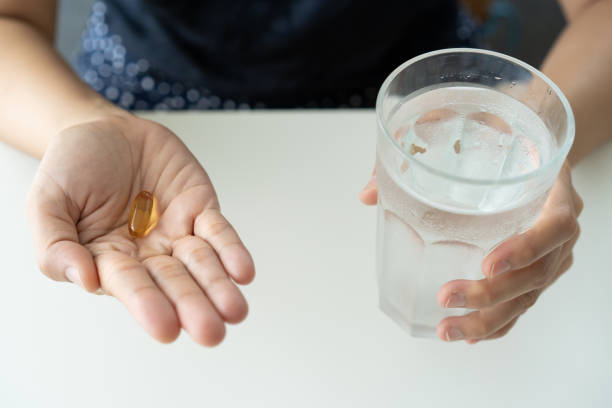
Reduce Your Risk of Certain Cancers -
DHA is the most abundant omega-3 lipid in your brain and is required for a healthy neurological system, which includes your brain. According to research, people with Alzheimer's disease had lower DHA levels in their brains than older adults with normal brain function. Furthermore, in a meta-analysis of 20 observational studies, higher omega-3 fat intake was connected to a lower risk of diminishing mental capacity — a feature of several types of dementia, including Alzheimer's disease — in all but three studies.
However, eight of the 13 studies that looked at the impact of omega-3 supplementation on persons with dementia found a benefit for mental function, whereas five did not. According to the data, DHA and other omega-3 supplements may be most effective before brain function diminishes considerably and interferes with daily tasks.
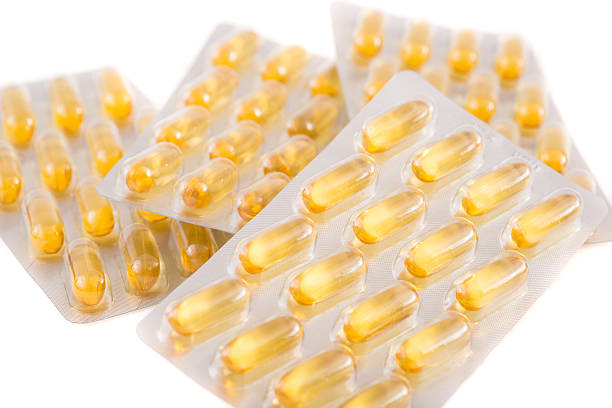
Help Prevent or Slow Alzheimer’s Disease 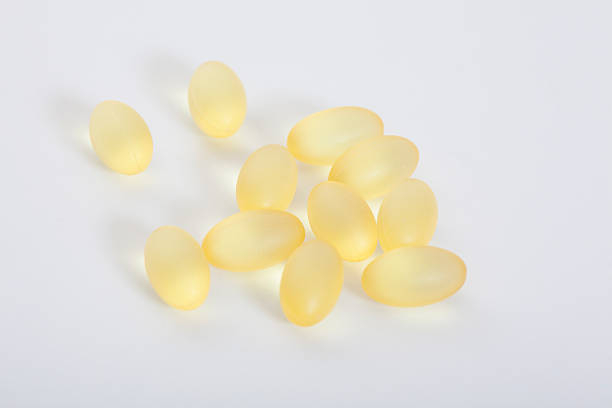
Help Prevent or Slow Alzheimer’s Disease -
DHA promotes healthy blood flow and may increase endothelial function (the ability of your blood vessels to dilate). A meta-analysis of 20 research discovered that DHA and EPA may also help lower blood pressure, albeit each lipid may affect distinct parts.
DHA lowered diastolic blood pressure (the bottom number of a reading) by 3.1 mmHg on average, whereas EPA dropped systolic blood pressure (the top number of a reading) by 3.8 mmHg on average. Although elevated systolic blood pressure is a greater risk factor for heart disease than elevated diastolic blood pressure in those over the age of 50, elevated diastolic blood pressure also raises your risk of heart attack and stroke.
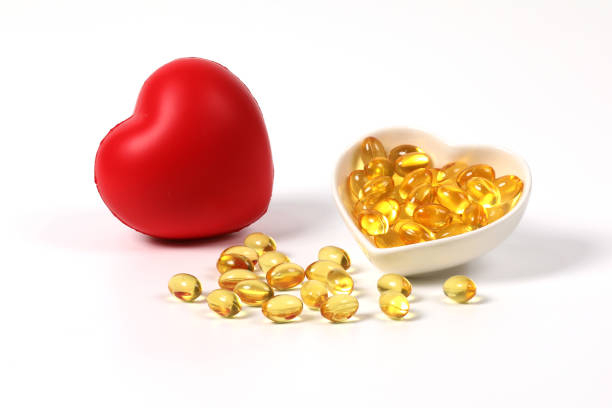
Lowers Blood Pressure and Supports Circulation 
Lowers Blood Pressure and Supports Circulation -
DHA is required for brain and visual development in infants. During a woman's last trimester of pregnancy and the first few years of life, these organs expand fast. As a result, it is critical for women to consume adequate DHA during pregnancy and when breastfeeding. In a study of 82 kids, DHA levels in mothers before childbirth accounted for 33% of the difference in the child's problem-solving abilities at age one, implying a relationship between greater DHA levels in mothers and better problem-solving in their offspring.
Preterm newborns, in particular, have increased DHA requirements because the majority of this fat is obtained during the third trimester. In a trial of 31 preterm neonates, daily doses of 55 mg per pound (120 mg per kg) of DHA for one month after birth, compared to a placebo, prevented the typical reduction in DHA seen following preterm birth.

Aids Normal Brain and Eye Development in Babies 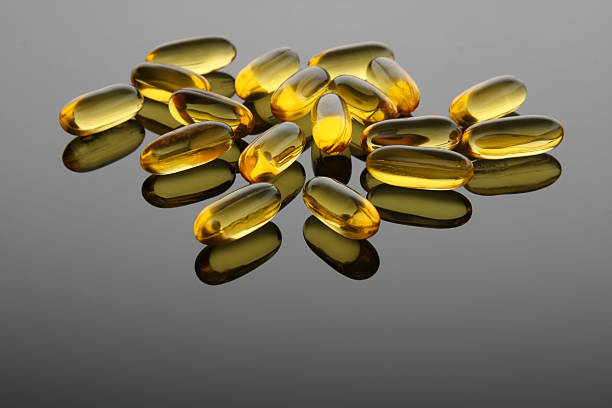
Aids Normal Brain and Eye Development in Babies































